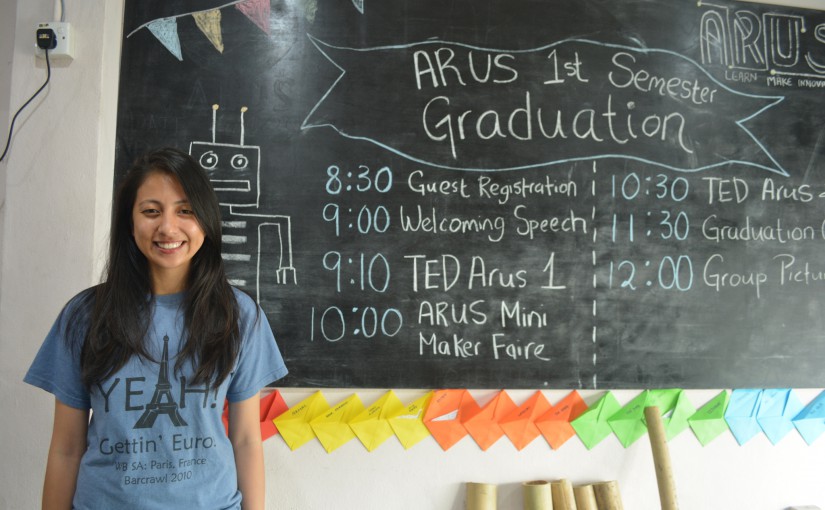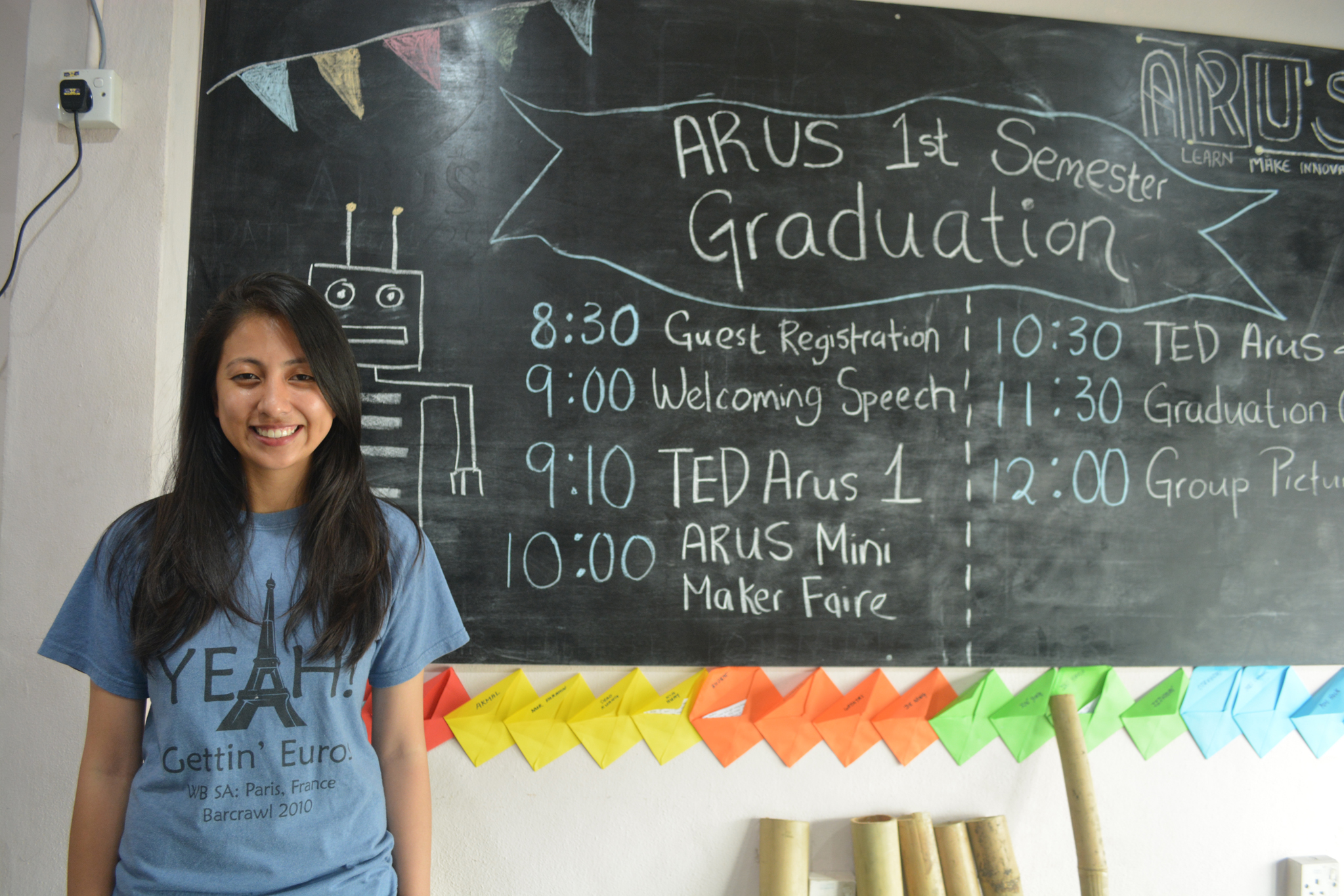(Above) Alina Amir, co-founder of social enterprise Arus Academy.
Image Source: The Straits Times
Social enterprise may sound like something new, but this concept of businesses earning revenue to address social or environmental issues can actually be traced back to the 19th century. The term itself has been around since the 1960s.
Social enterprises are established by social entrepreneurs – individuals passionate about making a change in their targeted communities by turning innovative ideas into reality through long-term programmes that can help enhance social wellbeing, from education, rural development and many others.
However, many who are unaware tend to equate social enterprises with non-governmental organisations (NGOs) when in truth, social enterprises utilise business models to generate revenue, while NGOs rely heavily on donations to operate.
Because of its philanthropic nature, social enterprises also tend to be perceived as an entity that shouldn’t be making money out of marginalised communities.
Such a misunderstanding and lack of awareness is perhaps why the concept of social enterprise is still new in Malaysia, where there were just over 100 as of 2015.
Compare that number to neighbouring Thailand with around 120,000 social enterprises, which have received assistance from the government through the Thai Social Enterprise Office created in 2010.
Despite the bleak numbers, the Malaysian government is determined to improve this highly potential sector as social enterprises have the capability to introduce new products and services as well as create jobs for the economy while improving lives and empowering underserved communities.
This has been implemented through the Malaysian Social Enterprise Blueprint, a three-year roadmap launched by Prime Minister Datuk Seri Najib Tun Razak in 2015, aimed at developing the country’s social enterprise sector to be “self-sustainable, equitable and people-centric” in empowering impact-driven entrepreneurs.
Led by the social entrepreneurship division of the Malaysian Global Innovation and Creativity Centre (MaGIC), planning and execution of the blueprint are focused on three building blocks: social enterprises and social entrepreneurs, the ecosystem, and institutions including public and private players.
Through various programmes catering to current and aspiring social entrepreneurs as well as the public under the blueprint, the government hopes to increase the number of social enterprises to 1,000 by next year.
So how can you contribute to Malaysia’s growing social enterprise sector? If you are interested in becoming a social entrepreneur, you must first know the real-world issue you intend to tackle. Doing so requires you to be on the ground for research, speaking to the people affected and experiencing what they’re going through.
You can also participate in programmes dedicated to social entrepreneurship to learn from other social entrepreneurs. These programmes are organised by support agencies such as MaGIC, myHarapan, Social Enterprise Alliance and British Council Malaysia, which also offer consultation on business setup, funding, networking and others.
Having people who fully understand and support your social mission also helps with motivation, be it from your co-workers, your family and friends or even fellow social entrepreneurs.
Most vital is your commitment and responsibility to your social enterprise. Like any type of entrepreneurship, failures are unavoidable; therefore, your patience and perseverance determine your success in running a business capable of giving back to society in the long run.
This is a weekly column by SarawakYES! – an initiative driven by Faradale Media-M Sdn Bhd and supported by Angkatan Zaman Mansang (AZAM) Sarawak – to provide advice and stories on the topics of education and careers to support Sarawakians seeking to achieve their dreams. Join us on Facebook, Twitter, Instagram and YouTube.
This article first appeared on The Borneo Post, visit this link: http://bit.ly/2pBF1YM




